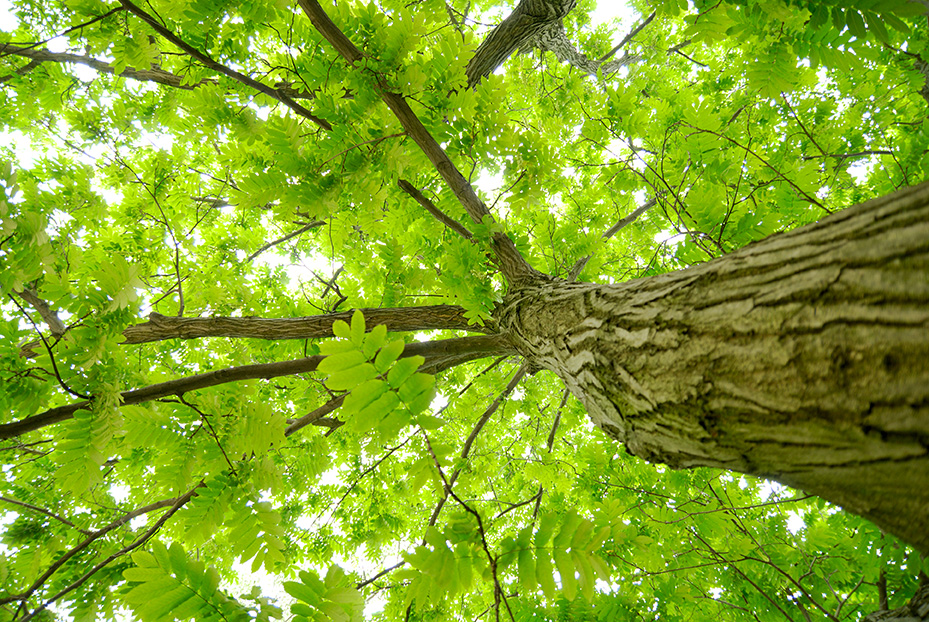Brazil generates around 80 million tons of waste every year.
That’s the weight of about 360,000 blue whales. Of that waste, only about 3% is recycled.
It’s not surprising, when only 22% of cities have formal recycling routes and 54% of the population say they’re unaware of how or where to recycle items. Nestlé Health Science Brazil is tackling these challenges from the ground up.
Where it all begins: production
Production sites can generate enormous amounts of waste and, although awareness of environmental impact is increasing the rise, Nestlé knows there is still work to be done.
To start, Nestlé has ensured that all manufacturing sites in Brazil are zero-waste-to-landfill. Everything brought in is reused or recycled. Additionally:
- All sites use 100% renewable energy.
- 90% of the packaging used for products is recyclable.
- Plastic straws in packaging have been replaced with bottles that are recyclable and re-closable – a win for both the environment and the consumer.
- Use of metals in production has been reduced by nine tons and use of plastics by four.
Where it goes: the consumers and the recyclers
To encourage recycling and help simplify the process, Nestlé has created a website that shares practical, easy-to-action tips on recycling and sustainability at home, in clinics, and in hospitals.
When it comes to recycling, 90% of waste sorting is done by Brazil’s waste pickers, known as catadores: up to one million people who work informally, returning recyclables in exchange for cash.
Nestlé Brazil partners with Cataki, a clever new app that connects residents and businesses with local catadores, helping to encourage recycling and boost income for catadores.
Looking to the future
From manufacturing through to the recycling, NHSc Brazil is deeply committed to making a positive impact on the environment, in line with Nestlé’s global commitment to achieve 100% reusable or recyclable packaging by 2025.

